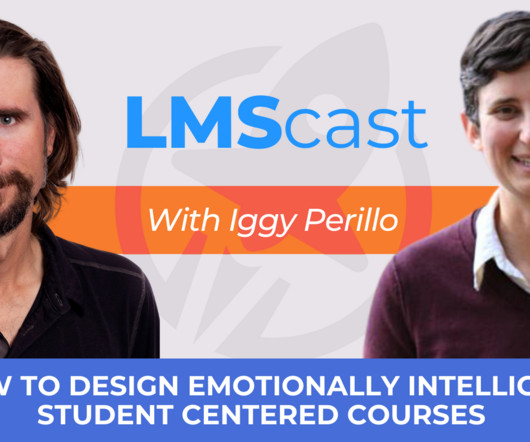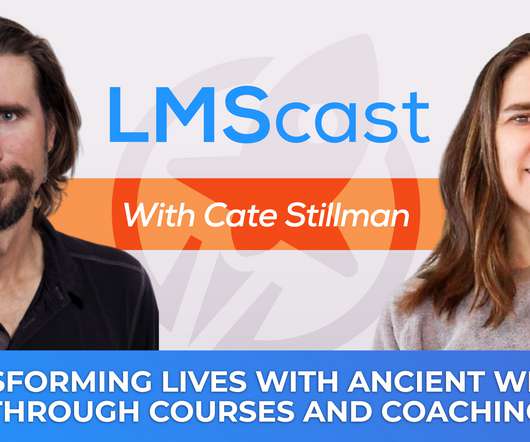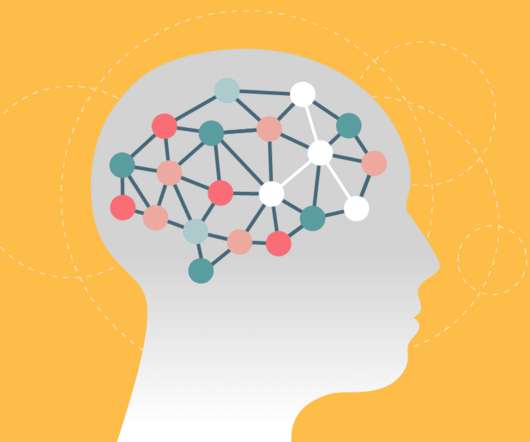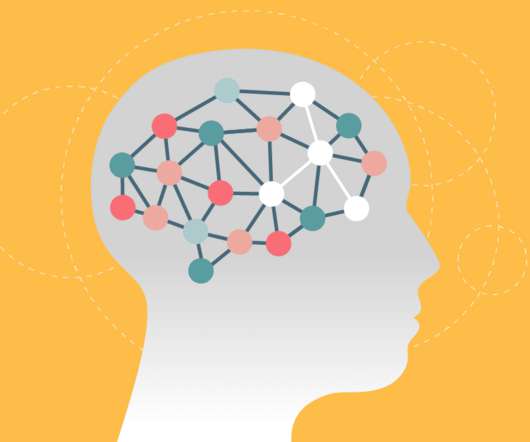Cognitive load theory: does it help?
Walkgrove
MAY 2, 2017
Facebook will notify you when your friends have birthdays, so you never have to be the bad friend that forgot. Cognitive load theory was first introduced in the 1980s and was based on observation surrounding the teaching of mathematics. If the answer is no, then do we really need to worry about cognitive overload?







































Let's personalize your content